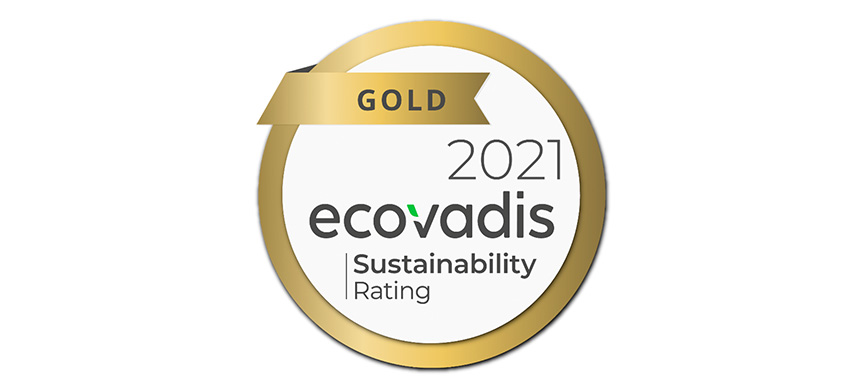What is Sustainability in European Transportation?
Sustainability in European transportation is the comprehensive approach to reducing the environmental, social, and economic impacts associated with the movement of goods throughout Europe.
A commitment to sustainability encompasses strategies, policies, and initiatives prioritising long-term viability while addressing challenges such as climate change, congestion, pollution, and resource depletion.
Environmental Focus: European transportation sustainability emphasises minimising carbon emissions, air pollution, and noise pollution. It encourages the adoption of alternative fuels, electrification, and efficient energy use to reduce the ecological footprint of transportation activities.
Emission Reduction Targets: European countries are setting ambitious emission reduction targets in line with international agreements like the Paris Agreement. Regulations and incentives encourage the adoption of low-emission vehicles and the development of cleaner fuels.
Infrastructure Development: Sustainability involves developing transport infrastructure that supports energy-efficient modes. This includes integrating intelligent transport systems for better traffic management.
Interconnectivity: Creating seamless and integrated transportation networks across European countries enhances cross-border mobility and reduces travel times. Well-coordinated schedules and efficient intermodal connections are crucial elements.
Circular Economy: Sustainable transportation also aligns with the principles of the circular economy by promoting recycling, reducing waste generation, and optimising resource utilisation in the production of vehicles and infrastructure.
Economic Resilience: By investing in sustainable transportation infrastructure and technologies, European countries can enhance economic resilience, create jobs in green industries, and support innovation in the transportation sector.
In summary, sustainability in European transportation is a multifaceted effort that addresses environmental and economic challenges. It calls for a shift towards cleaner modes of transport, efficient infrastructure, and reduced emissions contributing to a greener and more inclusive system for the transportation of goods across Europe.
To be sustainable, we must be efficient in the way we operate, promote a culture of safety, and protect the environment wherever possible by working to reduce the impacts of our European transport activities.








